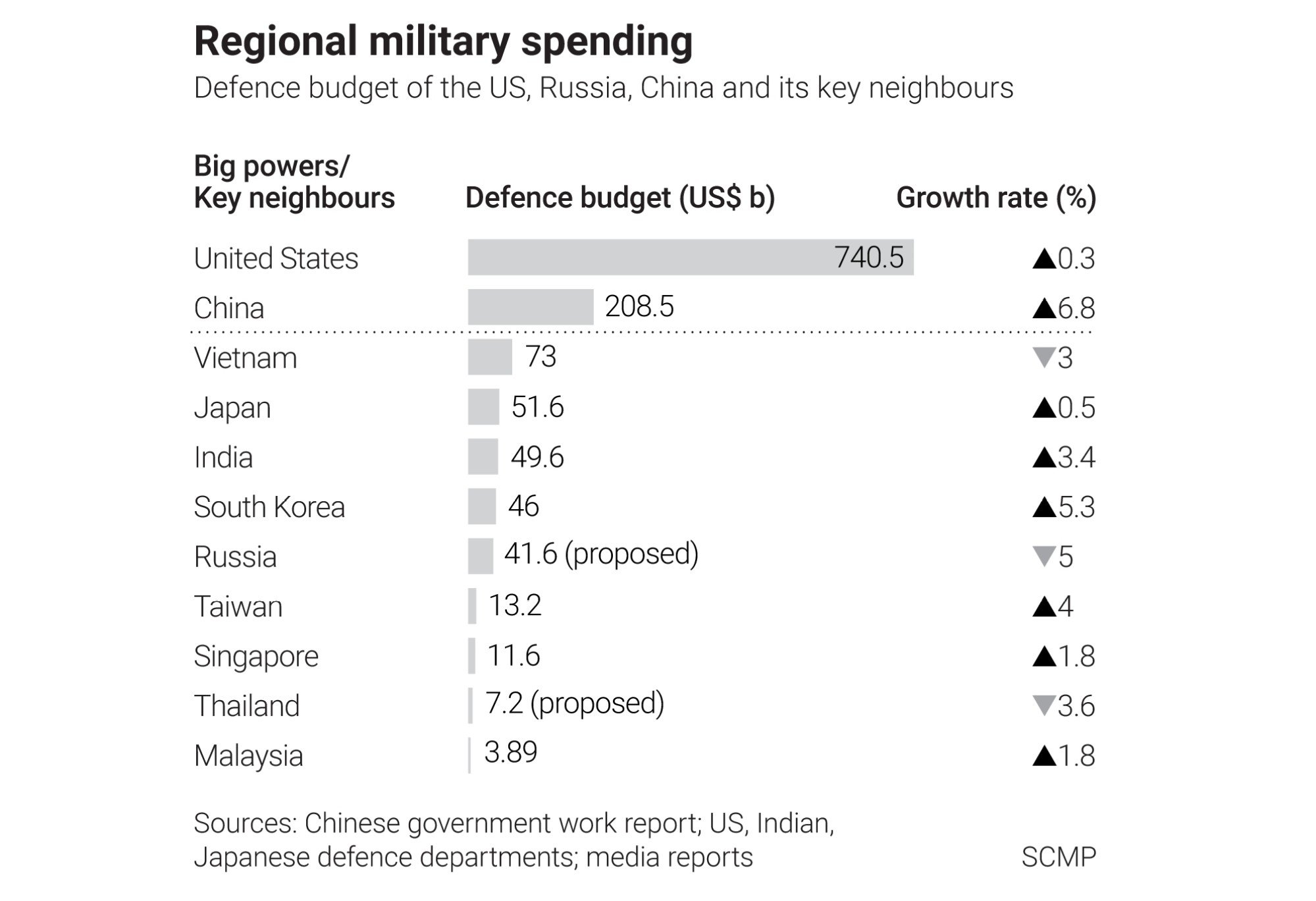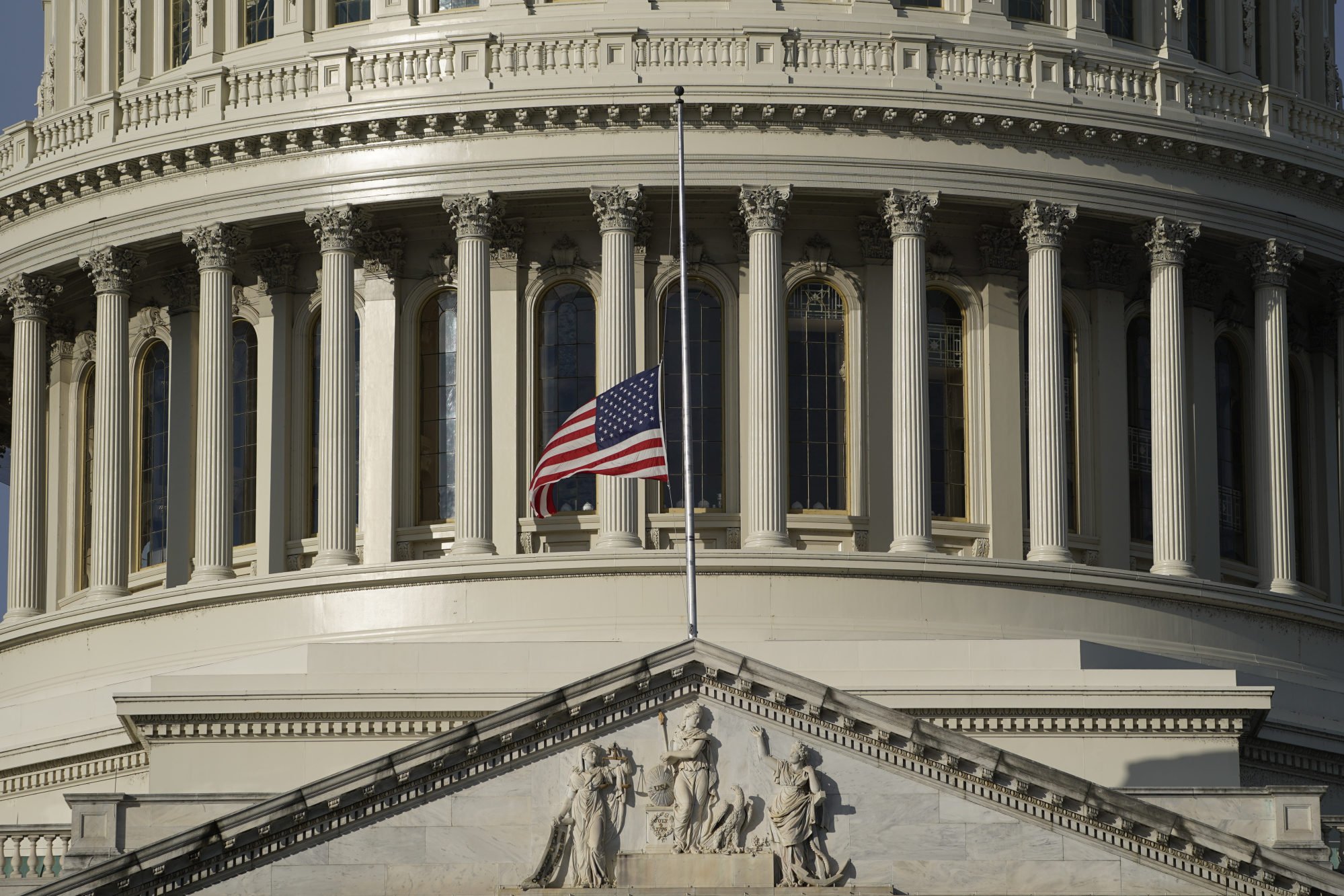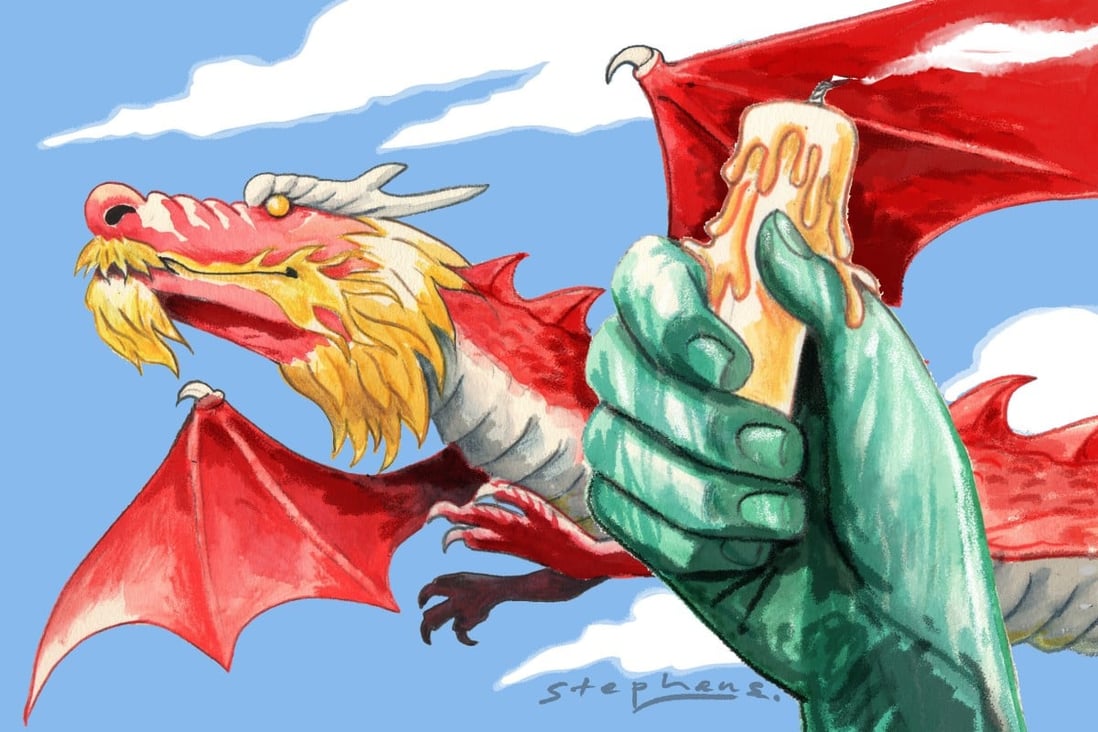https://www.scmp.com/comment/opinion/article/3162981/decline-no-longer-choice-fading-us-china-rises-power?module=opinion&pgtype=homepage
In recent years, the rivalry between Washington and Beijing has become a leading paradigm in international politics. The United States’ role as the world’s unipolar power is at stake, and it would not be the first superpower to experience a decline.
“Let China sleep, for when she wakes, she will shake the world” is a quote widely attributed to Napoleon Bonaparte, and it appears to have become a reality. For more than two decades, China has been the epitome of a rising power and the sole nation ready to challenge the US in its role as global hegemon.
China is the world’s largest country in terms of population, the fastest-growing major economy, the largest manufacturer, the second-largest consumer and the second-largest military spender. It is not a question of if, but when, China will overtake the US as the world’s largest economy.
Especially impressive is China’s ability to close the economic gap. In 1960, China’s GDP was about 11 per cent of that of the US. In 2019, it was at 67 per cent – a trend that appears set to continue.
The gap on the US in terms of military budget has also closed. Two decades ago, China was still considered a regional power. Now, it has established its presence in Africa as well as in the South China Sea.

With an extended geopolitical presence, China’s influence has grown. China’s rise also raises the question of whether one has seen the apogee of American power and whether its decline is inevitable.
Declinism is almost as old as the republic itself. In 1788, only 12 years after the Declaration of Independence was signed, Patrick Henry – one of the country’s founding fathers – was already worrying that the US had lost its way.
During the next 230 years, the US found itself in crises and perceived decline, such as over the war in Vietnam, when the Soviet Union put Sputnik into space and more. The debate rose to mainstream prominence in Paul Kennedy’s 1987 book The Rise and Fall of the Great Powers.
Kennedy argued the US would eventually suffer from imperial overstretch within three decades because of its policy of continuously outspending the Soviet Union. However, instead of overstretch, the global “unipolar moment” was born and America remained the last superpower once the Cold War ended.
One might wonder why the US would not be able to repulse all the discussion about decline, given that it has been relatively immutable previously. For one, the US has never faced a challenger with the potential of China. Moreover, its decline does not necessarily mean that the US will lose its status as a superpower.
After all, a singular pole does not simply vanish. It has to collapse over time – similar to the British Empire, which declined over several decades – or it needs to lose a hegemonic war as the Spanish empire did.
A second form of decline also exists – relative decline, or a decrease in relative external power. Again, history has seen such a scenario before. The Netherlands was once a leading European nation with a flourishing economy. Nonetheless, it experienced a vast relative decline simply because another nation – Britain, in this case – rose and became stronger.
In the modern world, China is on the verge of becoming to America what Britain was for the Dutch. This is despite the US having reached an unmatched and unprecedented level of power in terms of military capabilities, its economy, cultural appeal or political influence. None of it prevents the possibility of relative decline.
Three parameters can establish whether decline is occurring. They are the size and sophistication of an economy compared to others; the military capabilities in comparison; and the soft power aspect of political influence within the international system, how countries are perceived and how transcendent their culture is.
The US remains an indispensable nation, mainly because of its military strength and the capability to balance power around the globe. Its capacity to initiate and cease wars, to mediate or negotiate given its leverage of military primacy and the ability to counterbalance other states’ actions remains unprecedented.
However, with its semi-return to isolationism, the US has changed course on the international scene and within the international community. Europeans no longer believe in Washington’s unconditional support that was pivotal during Pax Americana.

On the other hand, China has been closing the gap in all three of the aforementioned areas. Perhaps more importantly, America’s relative decline occurs at a time when the US finds itself in crisis.
It faces decaying infrastructure, a proclivity for reintroducing isolationism, weakening perceptions of American ability to project power around the globe and a seemingly unending Covid-19 crisis. Meanwhile, its democracy is in jeopardy amid a two-party system in which one party has the “big lie” and unconditional loyalty to Donald Trump its modus operandi, while the other remains struggles to finding a coherent strategy to reach voters.
In a nutshell, truculent Republicans are unwilling to legislate while oblivious Democrats are seemingly incapable.
The late Charles Krauthammer once said that decline is a choice. However, recent developments in Washington, as well as history, suggest that this decline might not only be irreversible but inevitable.
Thomas O. Falk is a UK-based independent journalist and political analyst














Comments